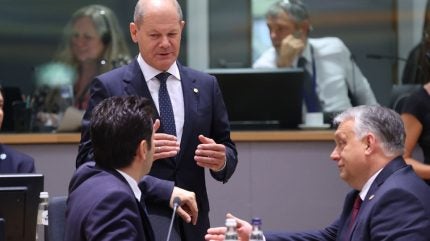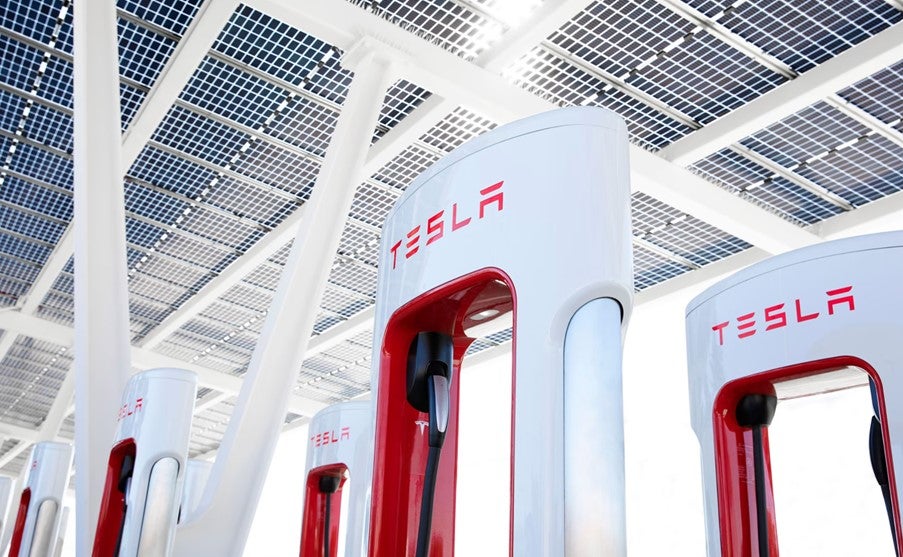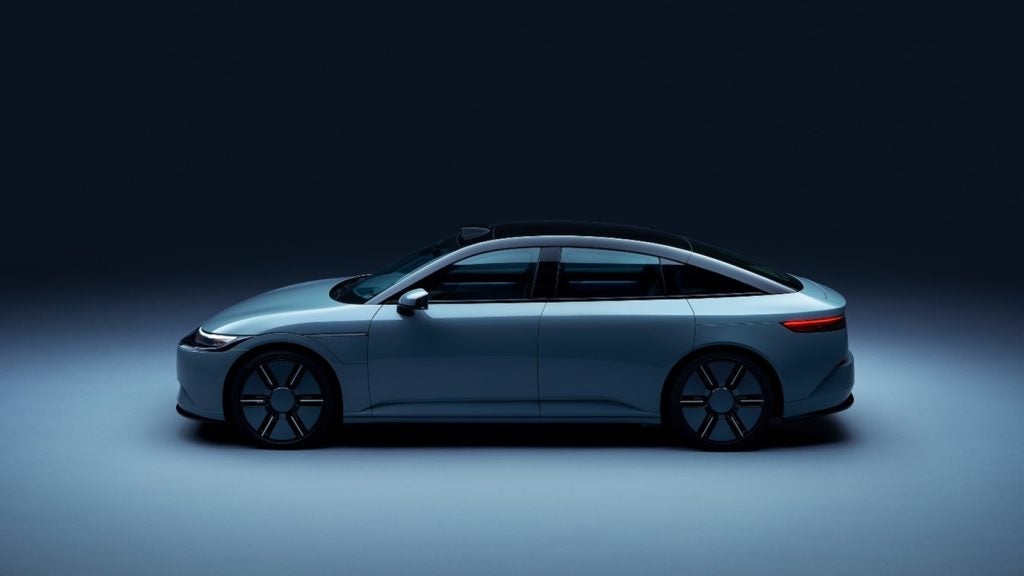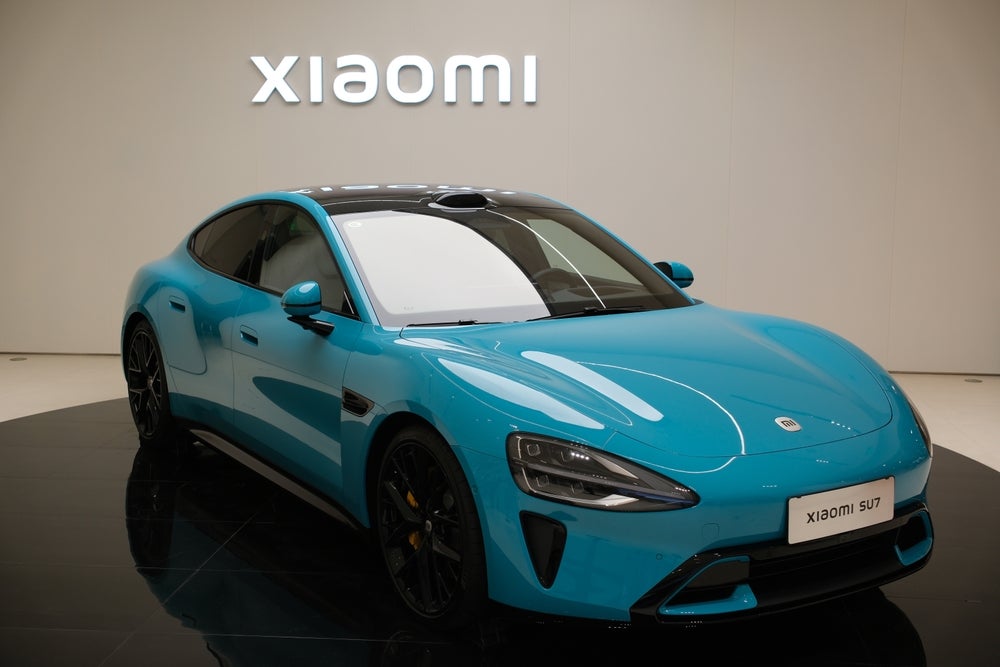
Hungary’s leader, Viktor Orbán, has stirred controversy and scandal for nearly a decade, so his latest outrage comes as no surprise. But although Orbán’s vitriolic anti-immigration views are well known, his now-notorious speech in late July ranks among his most deplorable.
At a conference in Romania, Orbán said European peoples should be free to mix with one another, but that mixing with non-Europeans created a “mixed-race world… We are willing to mix with one another, but we do not want to become peoples of mixed race.”
We’re talking here about a prime minister of an EU country in 2022. So disgusting are Orbán’s words that even one of his closest advisers, Zsuzsa Hegedus, who has known the leader for some 20 years, described the speech as a “purely Nazi diatribe worthy of Joseph Goebbels”, as written in her public resignation letter.
It seems that, with all attention on Russia’s invasion of Ukraine, which indeed makes the EU’s Hungary problem look rather fluffy and cute, Orbán has never felt more emboldened to speak his ugly mind. This is why Budapest’s warm relations with Vladimir Putin, Europe’s high priest of strongman populists, have not frosted in recent months. If anything, they have grown hotter, since Orbán is the only EU leader to have not really criticised Putin’s actions, meanwhile frequently coming out against Ukraine’s Volodymyr Zelenskyy. In fact, following his landslide victory in the Hungarian national election in April, Orbán had the nerve to openly criticise the Ukrainian prime minister.
Add to this the fact that also in late July, Orbán’s government undermined the EU’s united stance against Russia (once again) by being the only EU member to reject Brussels’ proposal that all members cut Russian gas use by 15% between August 2022 and March 2023 (albeit as a voluntary target). To be fair, Hungary is the EU country most dependent on Russian hydrocarbons, and overwhelmingly so, but this is just testimony, in large part, to Orbán’s decades-old (unholy) alliance with Putin, a path that was legitimised by Germany’s courting of Russian energy too.
However, unlike Berlin today, Budapest is unwilling to sacrifice to support Ukraine against Putin’s naked aggression. This is true with regards to oil and gas but also the corporate exodus from Russia. Businesses from Hungary have taken the least political action in Russia among EU member states, as highlighted by analysis from Investment Monitor.
How well do you really know your competitors?
Access the most comprehensive Company Profiles on the market, powered by GlobalData. Save hours of research. Gain competitive edge.

Thank you!
Your download email will arrive shortly
Not ready to buy yet? Download a free sample
We are confident about the unique quality of our Company Profiles. However, we want you to make the most beneficial decision for your business, so we offer a free sample that you can download by submitting the below form
By GlobalDataYes, there are many factors behind Hungary’s political position, but Germany’s role cannot be understated, which is problematic, since it is so often ignored.
The engine behind Viktor Orbán
One of the most salient features of EU politics over the past decade has been Germany’s lukewarm, and often non-existent, opposition to Orbán’s excesses.
The first explanation for this is a business one. Over the past ten years, Orbán has gone out of his way to, in particular, lure and regale German car companies since they are nothing short of godlike to the Hungarian economy. In fact, German automotive companies provide direct employment to almost 50,000 employees, generating around 2.5% of Hungary’s GDP. Little wonder, therefore, that the automotive sector is Hungary’s largest recipient of foreign direct investment.
This is not inherently problematic, however, as previously explained to Investment Monitor by Timothy Garton Ash, professor of European Studies at the University of Oxford. “German business abroad does have a certain track record of, to put it mildly, tolerating corruption,” he said. “Indeed, until some years ago, bribery abroad was, under certain circumstances, tax deductible.”
In short, Germany’s automakers have poured huge sums of money into Hungary at a time when tensions between Orbán and the EU are at a flashpoint. This windfall of German investment has provided much-needed economic legitimacy to Orbán over the past decade, the ultimate photo opportunity, thereby simultaneously undermining Western efforts to keep Orbán in check. Not pulling any punches, Berlin’s Global Public Policy Institute declared in 2018, “the German car industry has to stop allowing itself to be used by Viktor Orbán”.
It is not just the automotive sector. German and Austrian media companies in Hungary have also allowed themselves to be used, contributing towards Orbán’s slow but sure control (which, to be frank, resembles more of an obliteration) of Hungary’s media industry over the past decade. German automotive companies have contributed to this destruction by only advertising in pro-Orbán publications. See Investment Monitor’s in-depth piece on this for more detail.
A history of political collaboration too
To understand this sorry state of affairs, it is also worth noting Germany’s historic gratitude for Hungary’s role in bringing down the Berlin Wall.
This is why, in a rather remarkable interview with Investment Monitor in 2021, BMW’s Hungarian office explained how “Hungary played an important role in German reunification and European unification. The country consequently has tremendous significance for the EU and Germany.”
There is also the reality that Orbán has for most of his tenure been a very helpful player for Germany in the EU, especially with regards to the European People’s Party. Moreover, there is an ideological sympathy from the Christian Social Union in Bavaria for Orbán’s position on immigration, a party to whom some German automotive companies are large donors.
The fact that Germany’s top choice, Ursula von der Leyen, is now president of the European Commission is thanks, in large part, to Orbán’s support, and she is known to defend the interests of German car manufacturers in the European Council. Meanwhile, in 2019, the Orbán government went on a military spending spree through Germany.
Add to this decades of Hungary, mostly through Orbán’s skilled efforts, courting German business and political elites, such as former Chancellor Angela Merkel. Moreover, Germany and Merkel’s long-term policy of appeasement, more specifically, ‘wandel durch handel’ (promote change through trade) has only emboldened Orbán’s unsavoury bromance with Putin.
All of this means that today we have the situation where the EU has little power to block Orbán’s illiberal democracy. His cronyism and democratic backslides have the veneer of legitimacy, since Orbán always uses statecraft to push forward his semi-autocratic agenda. Worst still, due to the EU’s unanimity clause, among other mechanisms, it remains very difficult for Brussels to punish Orbán for his abuses, not least since Germany remains weak on Hungary, while Poland’s populist government always vetos in his support.
It is clear, therefore, that if one is to criticise Orbán’s abhorrent pro-immigration policies and twisted pro-Putinism, one must also point a finger at Germany’s facilitating role. Enough is enough now, surely. Let’s see how much Nazi rhetoric Orbán needs to spout before the message finally gets through to Berlin.







